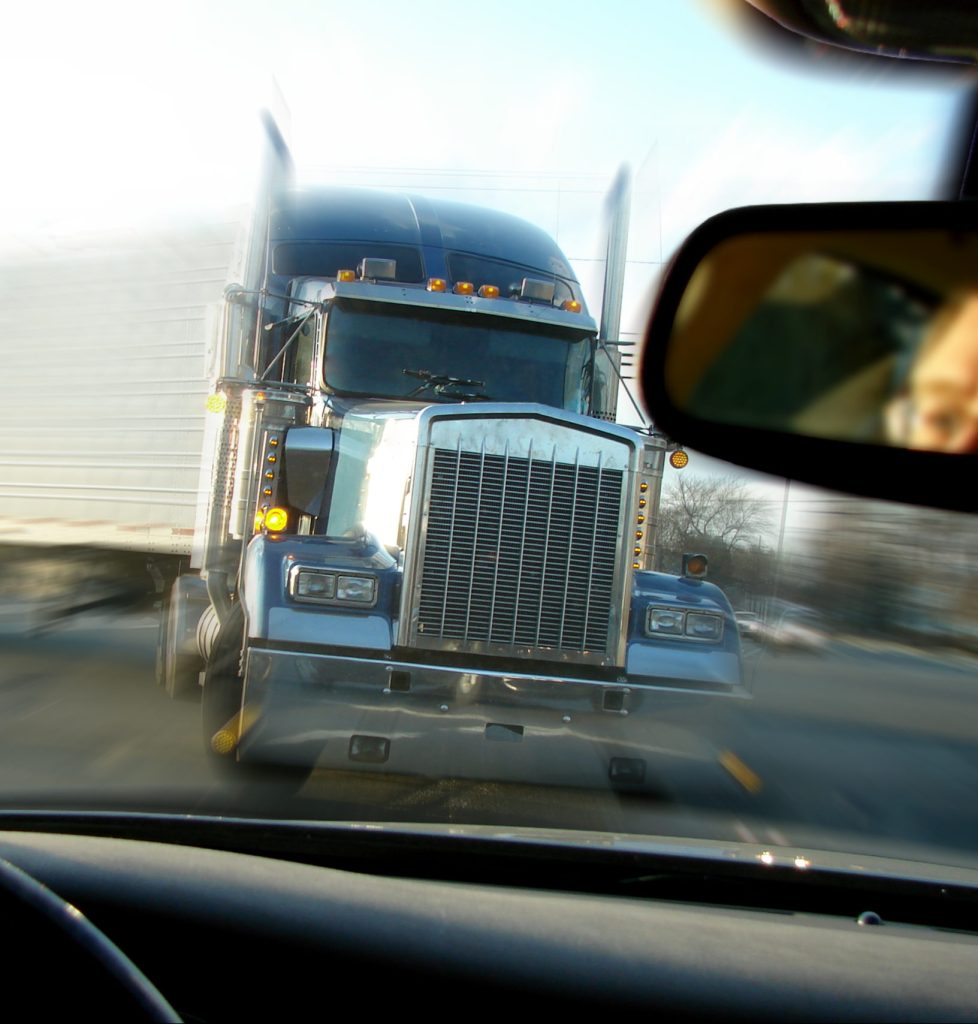The phrase “Jackknifing” is a term that describes the angle of closing a pocket knife into a V-shape. When a tractor-trailer jackknifes, this means that the vehicle has folded into a “V” position, with the trailer swinging out uncontrollably. This leads to uncontrolled skidding on the road, and the truck is likely to collide with other cars. A jackknife truck accident may result in fatalities, serious injuries, and/or psychological trauma.
If you or someone close to you has been severely injured or has died in an accident involving a jackknifing truck, the Regan Zambri Long is here to take on your case. Our Washington, DC, truck accident attorneys bring decades of experience and are committed to securing the fair compensation you deserve.
Contact Us Today to Schedule
a Free Consultation
While there are many safety measures in place to prevent dangerous truck accidents, such as securing cargo and heavy loads, truck accidents still accounted for 4,119 road deaths in 2019. 74% of these truck accident deaths involved tractor-trailer trucks, with around 10% of semi-truck accidents associated with jackknife crashes. When semi-trucks are out of control, jackknifing truck accidents are one of the most deadly types of collisions. These collisions can involve a single-vehicle crash or can cause a long buildup of vehicle crashes, resulting in multiple deaths.
Trucks often jackknife when the driver loses control of the vehicle due to the trailer gaining momentum by swinging out to the side, while the front vehicle slows down. Truck jackknife accidents are mostly caused by driver error, but there are other variables as well.
Regardless of the reason, an accident may be unavoidable if a truck starts to jackknife. Surrounding cars and vehicles behind the truck may not be able to avoid the collision since these accidents can take up the width of the highway and happen unexpectedly.

Most times, the truck driver is primarily at fault. However, there may be other parties responsible for the accident, such as:
If you have been in an accident with an 18-wheeler, commercial truck, towing vehicle, or any other type of truck that jackknifes, you are in an extremely dangerous situation. Not only have you collided with a truck that can weigh up to 8,000 lbs, but your car may be in a vulnerable position on the highway, resulting in another accident.
Immediately after a jackknife crash, your safety and your passenger’s safety are a top priority. Here are steps you can take if you’ve just experienced a jackknifing truck crash:
If you have been the victim of a jackknife truck accident, the injuries sustained can be life-changing or deadly. Thousands of drivers and passengers are injured due to these accidents each year, and injuries can include:
Not all injuries from a truck jackknife accident are physical. There can be emotional and psychological trauma after a serious accident, such as PTSD. You might experience disturbed sleeping, severe anxiety, or depression after this stressful event.
The toll of any type of truck accident can cause major life changes. You could be facing mounting medical debt, lost wages, and changes in your daily routine. That’s why you need an experienced truck accident lawyer to help you get the compensation you deserve so you and your family can get back to normal. Our law firm handles trucking cases in Washington, DC, Virginia, Maryland, and throughout the DC Metro area.
If you have been injured in an accident due to a truck jackknifing, contact our personal injury attorneys at Regan Zambri Long PLLC as soon as you can. Our firm has decades of experience working with truck accident victims and will work to get you full compensation for your injuries. Call (202) 960-4746 or send us a message to schedule your no-cost consultation.